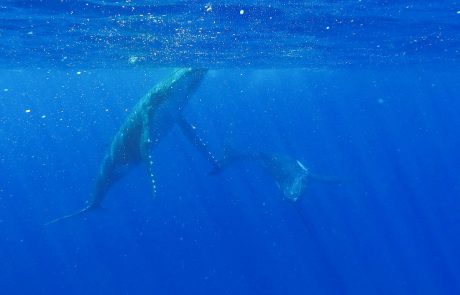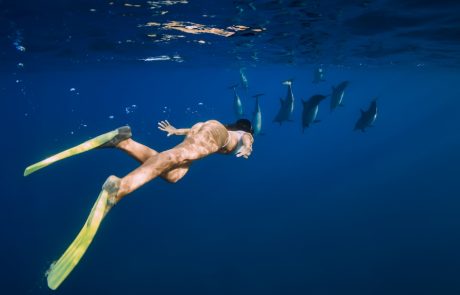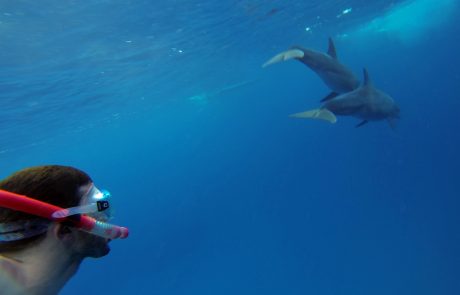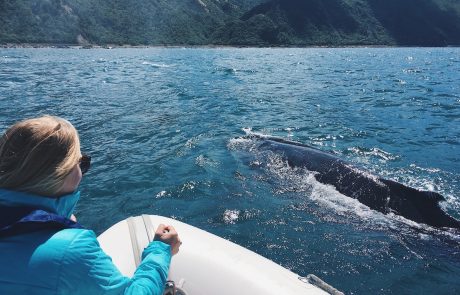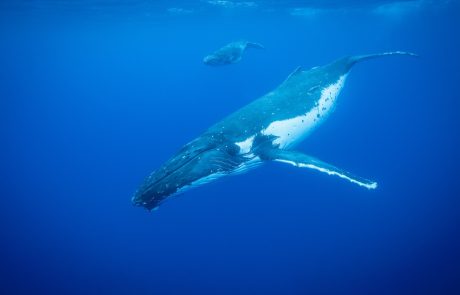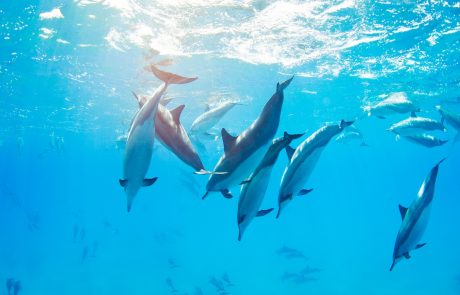Responsible Whale Watching: Key DOs & DON’Ts
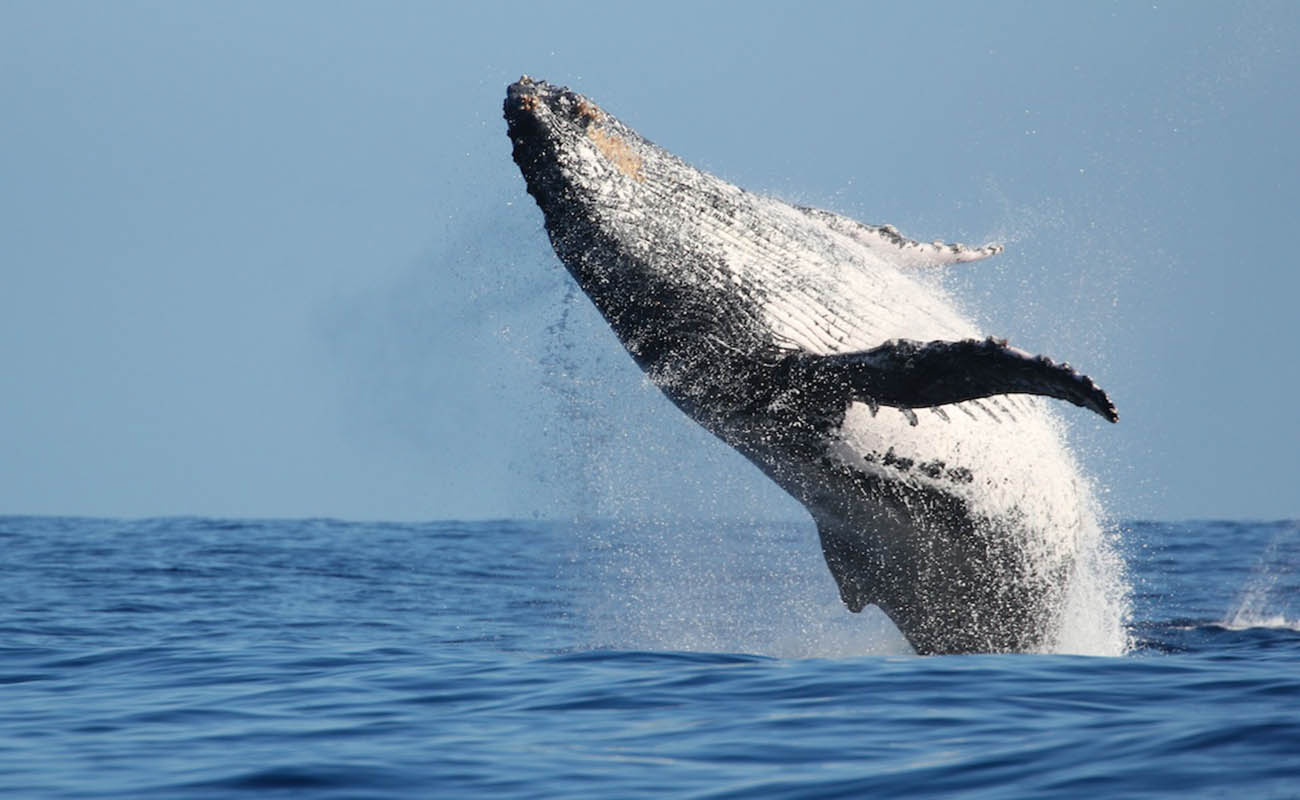
Whale watching is not only a breathtaking adventure but also a privilege. Seeing a humpback breaching at sunrise or a pod of orcas gliding beneath the waves can be a life-changing moment. But it’s vital to remember that these awe-inspiring giants are more than entertainment; they’re living, breathing creatures deserving of respect. So how can you make your whale watching trip both unforgettable and responsible? Let’s dive into the essential DOs and DON’Ts of whale watching.
Why Responsible Whale Watching Matters
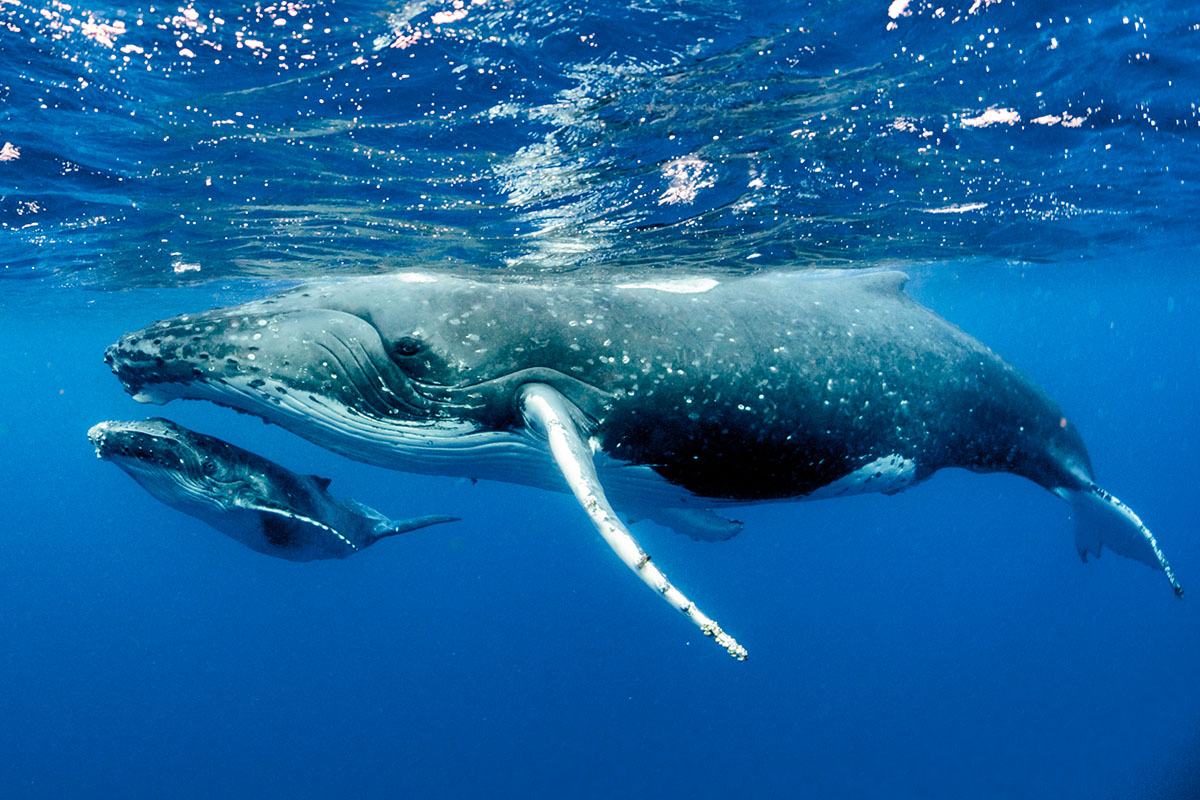
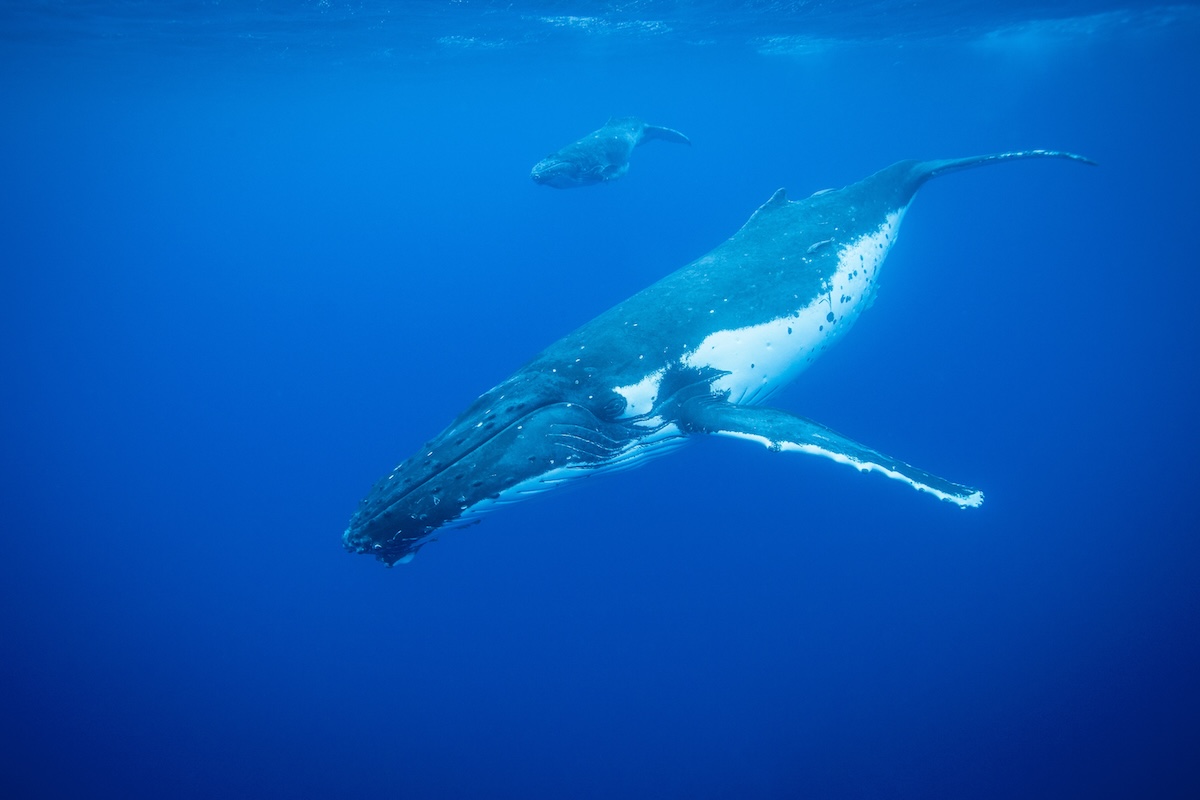
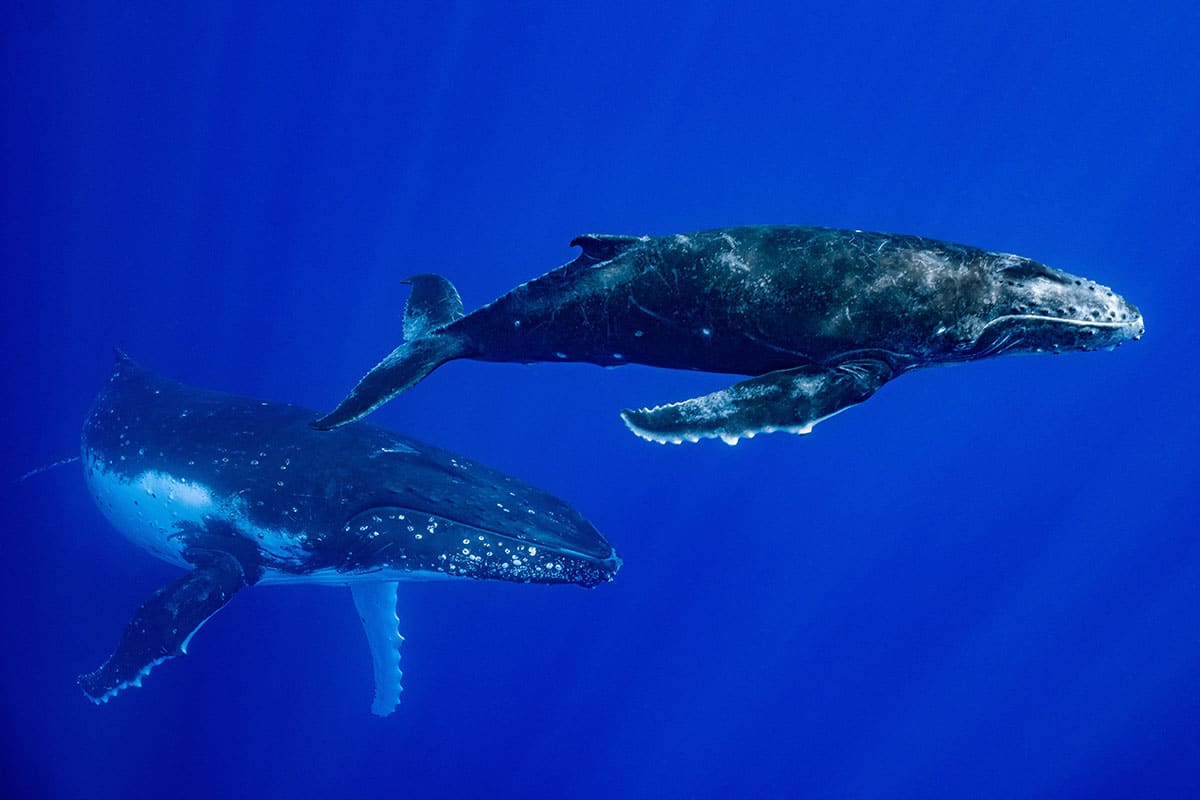
The thrill of observing whales in their natural habitat is hard to rival. Unfortunately, in some places, these animals are subjected to intrusive behaviors—speedboats chasing them relentlessly, over-crowded tours that leave no room for the whales to breathe, and even reckless tour operators disregarding local regulations. Such actions can disrupt feeding routines, stress the animals, and compromise their well-being.
As a team of whale enthusiasts and environmental advocates, at Whale Watching Paradise we believe that every encounter with marine life should happen on the animals’ terms. That’s why we only work with curated partners and tour operators who agree to follow strict guidelines, many of which are established by the International Whaling Commission (IWC). These guidelines exist to protect whales and ensure that future generations can enjoy the same quality of encounters with these majestic animals.
The DOs of Whale Watching
Here, we’re going to see a few things you should keep in mind while going on a whale watching experience. These are the DOs of whale watching!
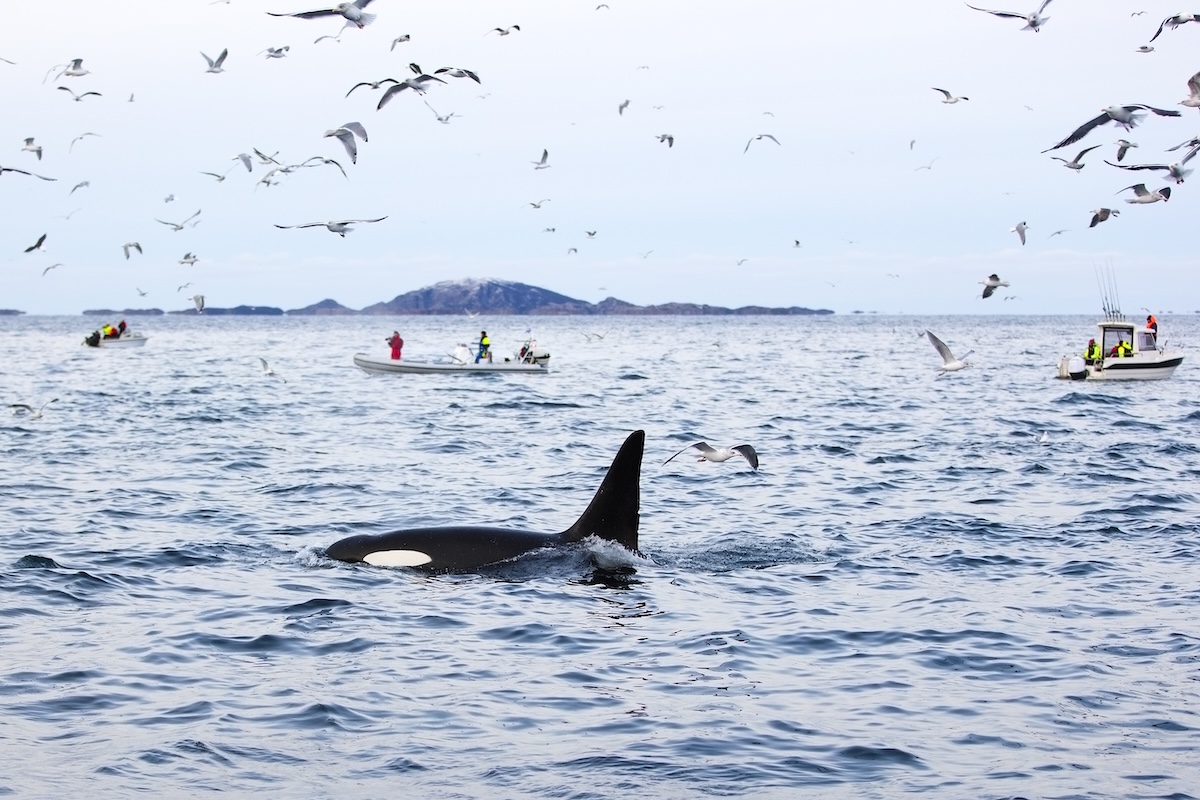
DO Choose Reputable Tour Operators
A successful whale watching experience starts even before you step onto a boat. Do your homework: read reviews, ask about credentials, and look for adherence to international guidelines like those set by the IWC. Reputable operators will proudly share their conservation practices, as well as how they minimize disturbances to marine life. At WhaleWatchingParadise.com, we make it easier for you: every tour provider we work with follows strict animal welfare and sustainability standards. If they didn’t, you’d never see the location on our platform.
DO Keep a Respectful Distance
There’s something thrilling about being close to a whale—feeling the splash of water, the reverberation of a tail slap—but it’s crucial to keep your distance. International guidelines generally recommend that boats remain at least 100 meters away, although this can vary by species and region. A good tour operator will slow down well before reaching that minimum distance, letting the whales become comfortable and approach on their own terms if they choose.
DO Follow Local Regulations
Different regions have varying protocols for whale watching. In Australia, for example, certain states require vessels to stay even farther than 100 meters from certain species. Meanwhile, in French Polynesia, rules might differ when swimmers enter the water with whales (like during the island’s famous humpback whale season). A responsible operator knows the local rules inside out and is transparent about them. Even if you’re not in charge of the boat, being aware of these regulations helps you ensure you’re doing your part.
DO Practice Patience
When dealing with wild animals, timing isn’t always predictable. Whales don’t perform on command, so it’s important to wait patiently, observe quietly, and savor the experience. Rushing or aggressively following a whale pod because you’re worried about missing out causes stress to the whales—and likely results in a subpar sighting. Patience, on the other hand, can lead to magical moments, like a curious calf poking its head above the surface to investigate your boat.
DO Respect the Environment
Being on the ocean also means respecting everything around you—above and below the water. This might seem obvious, but it’s worth noting it: dispose of any trash responsibly, and avoid using single-use plastics that could end up in the sea. Every bit of plastic or discarded fishing gear poses a threat to marine life. If you see litter floating by, don’t hesitate to pick it up if it’s safe to do so. Every small effort counts toward protecting the delicate ecosystem whales call home.
The DON’Ts of Whale Watching
While knowing the DOs is crucial, it’s equally important to avoid certain actions that can harm both the whales and your experience. Here are the key DON’Ts of whale watching!
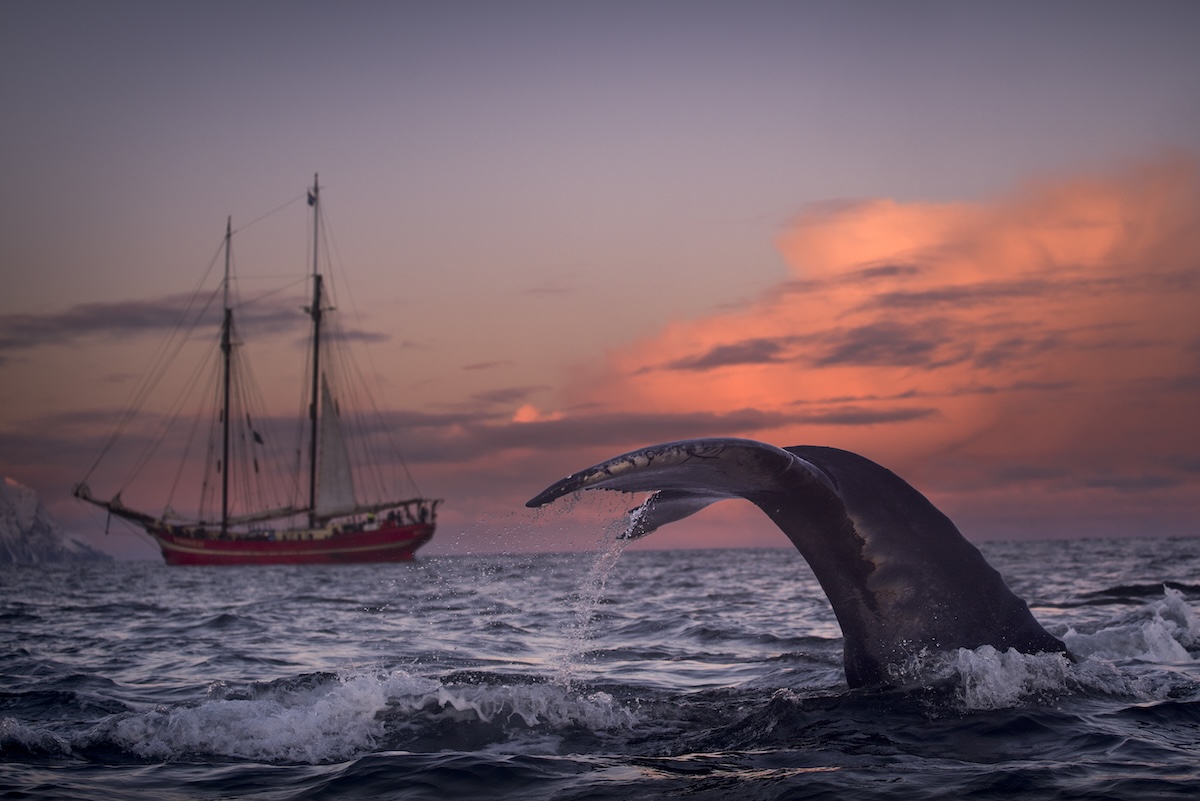
DON’T Chase or Corner Whales
One of the biggest mistakes an operator can make is aggressively chasing whales to give tourists a “better view.” This behavior not only distresses the cetaceans, but it can also put everyone’s safety at risk. Whales are enormous, and a panicked animal might react unpredictably. Good tour boats adjust their speed and direction to let whales swim freely, respecting their personal space as much as possible.
DON’T Get Too Loud or Intrusive
Marine mammals rely heavily on hearing to navigate and communicate, so excessive noise can be extremely disruptive. Avoid yelling, cheering, or playing loud music when whales are near. Some inexperienced or inconsiderate tours might blast music or encourage rowdy behavior onboard to hype up passengers. Don’t be afraid to speak up if you see this happening. A polite reminder can help maintain the serene environment that whales need.
DON’T Assume All Tour Providers Are Equal
Even in regions with strict regulations, there are unfortunately some who slip through the cracks. If a provider’s marketing materials show images of people touching or riding whales, that’s a huge red flag. If you suspect that a company cuts corners or violates safety and environmental standards, trust your instincts and look for alternative options.
DON’T Disregard Nature’s Limits
Whales, like all wild animals, can show signs of stress or discomfort—tail slaps, repeated diving, or quick changes in direction can mean they’re feeling harassed. A reputable tour will recognize these cues and keep its distance, or even leave an area if the whales appear disturbed. Steer clear of tours that linger when whales are clearly trying to move away.
The Role of the IWC Guidelines
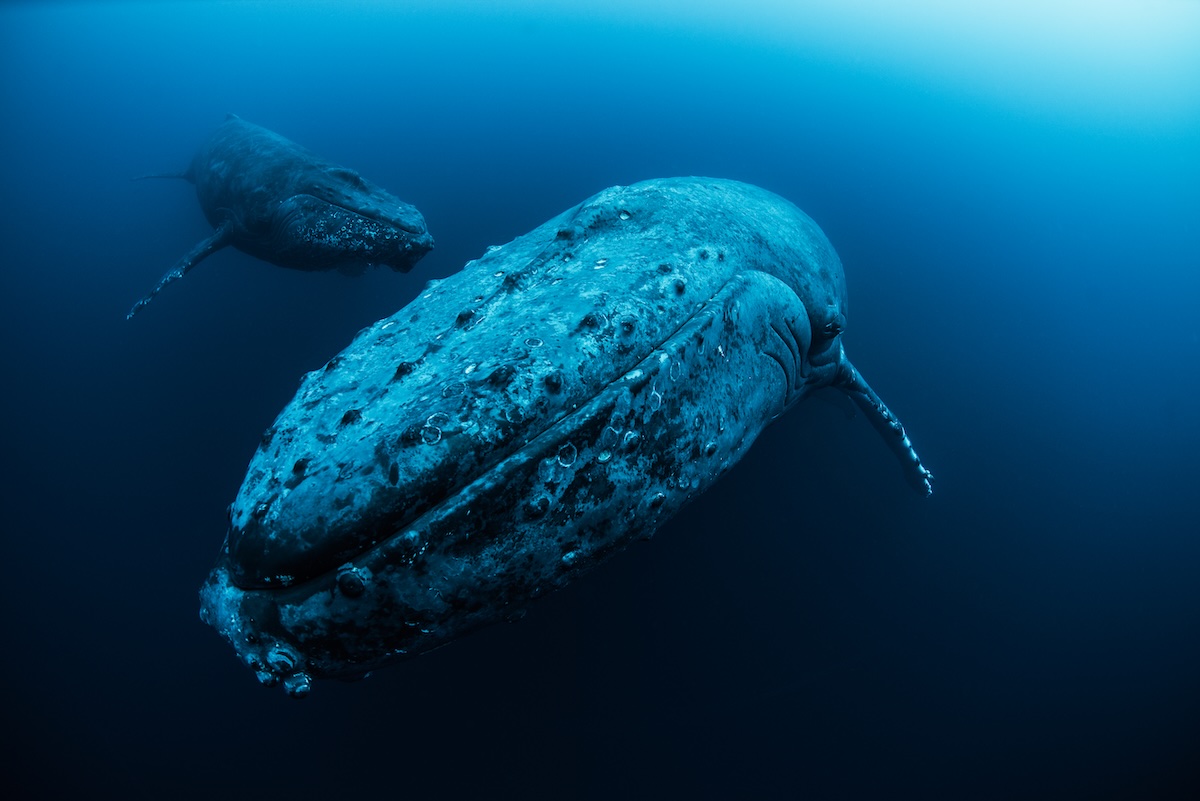
The International Whaling Commission (IWC) plays a major role in protecting whales worldwide. While the IWC was originally established to oversee whaling activities, it now also sets guidelines for whale watching to ensure that this growing industry remains sustainable.
Key points from the IWC guidelines often include:
These rules evolve as scientists learn more about whale behavior, so ethical operators stay updated and adapt their approach when new guidelines emerge.
Choosing the Right Tour Operator
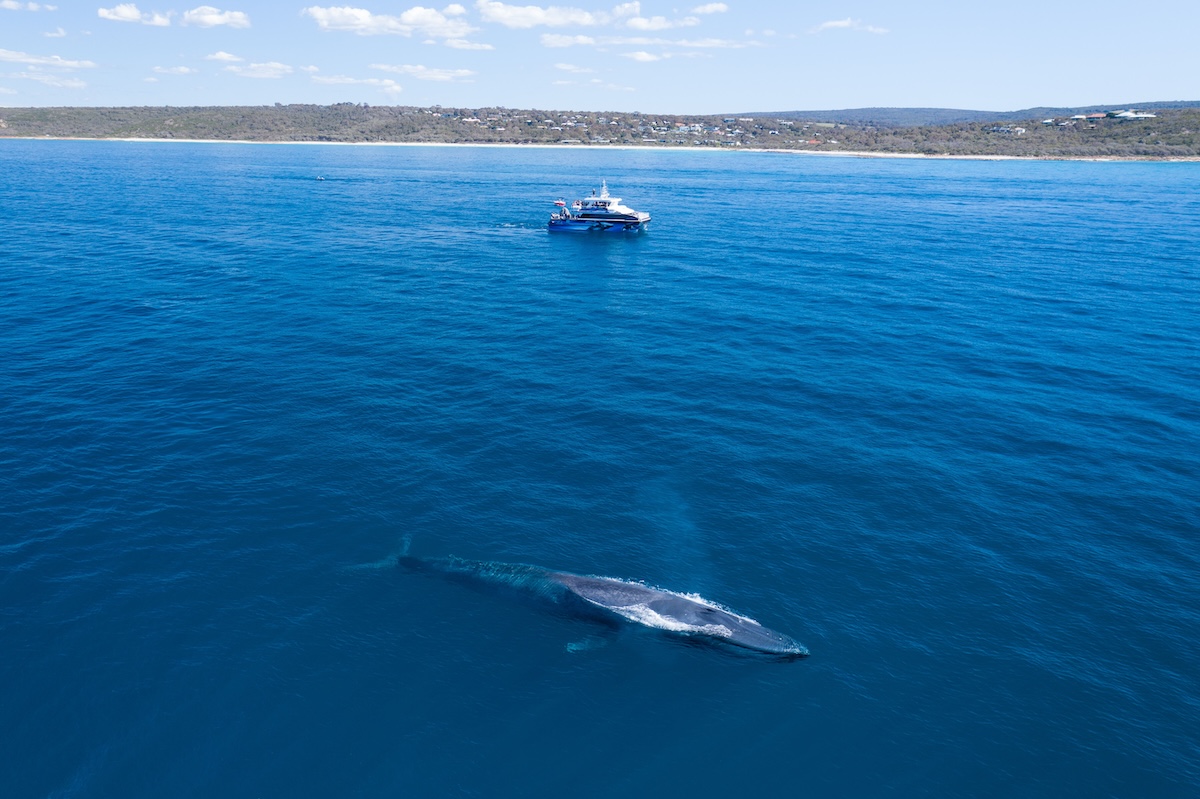
We’ve made it our mission at Whale Watching Paradise to partner with outfits that strictly adhere to these guidelines. Why? Because we recognize that responsible whale watching is crucial for the well-being of the animals and for preserving the essence of this extraordinary experience.
When booking a tour, look for certifications or affiliations with reputable conservation organizations, and don’t hesitate to ask questions before you commit. A transparent and ethical company will happily explain how they minimize environmental impact. And remember, an operator who cares about whale welfare is more likely to provide the respectful and relaxed setting in which truly enchanting encounters happen.
Preparing for Your Whale Watching Experience
A whale watching tour isn’t just about showing up at the dock. A little bit of preparation goes a long way in ensuring you have the best possible experience:
For a deeper dive into how to plan your trip, including what to wear, seasickness remedies, and more, stay tuned for our dedicated guide on how to prepare for a whale watching tour.
Final Thoughts
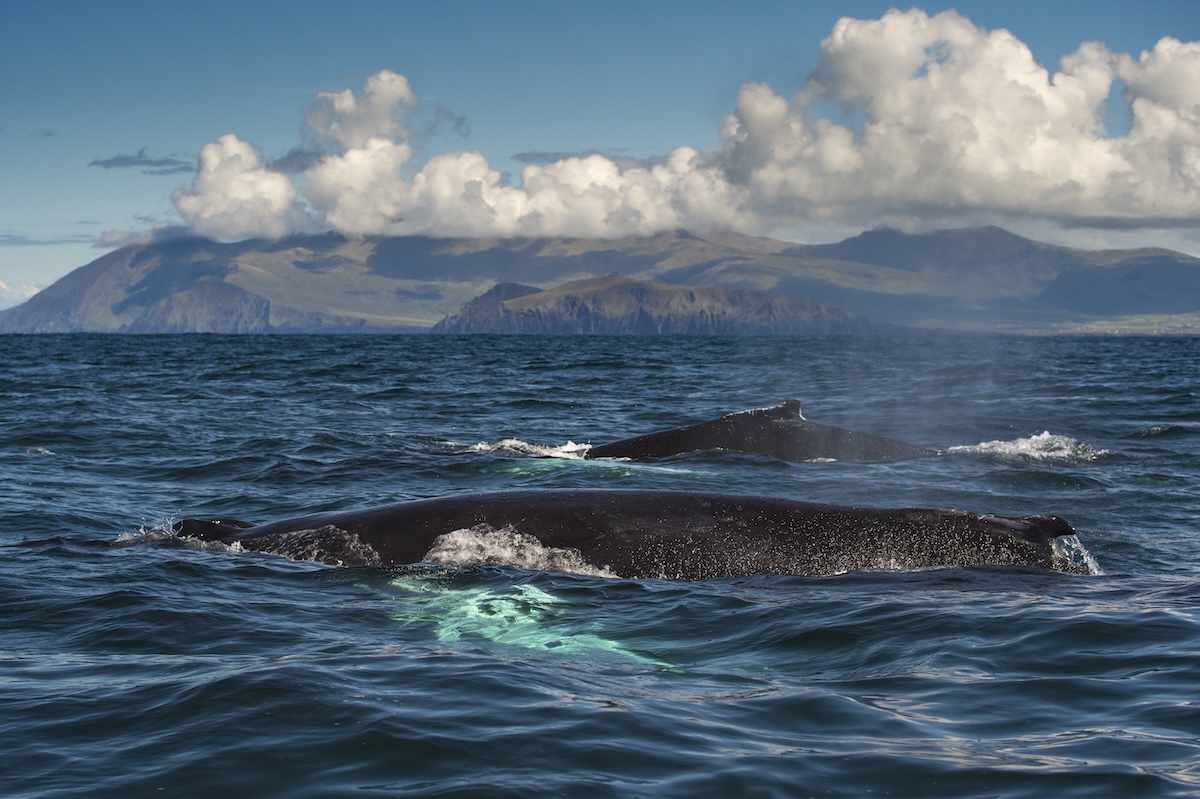
Responsible whale watching revolves around one core principle: respect. That respect covers not just the whales, but the ocean environment, local communities, and fellow passengers on your tour. By choosing an ethical operator and following best practices, you help ensure that whale watching remains a life-affirming adventure rather than a disruptive spectacle.
We believe that by celebrating these majestic creatures in a way that protects their natural habitat, we can keep the magic alive for future generations. Whether you’re heading to the azure waters of the Polynesian Triangle or planning a tour along the rugged Australian coast, remember that your actions can make all the difference—for you, for the whales, and for the world beneath the waves.
Happy whale watching, and see you on the water soon!


